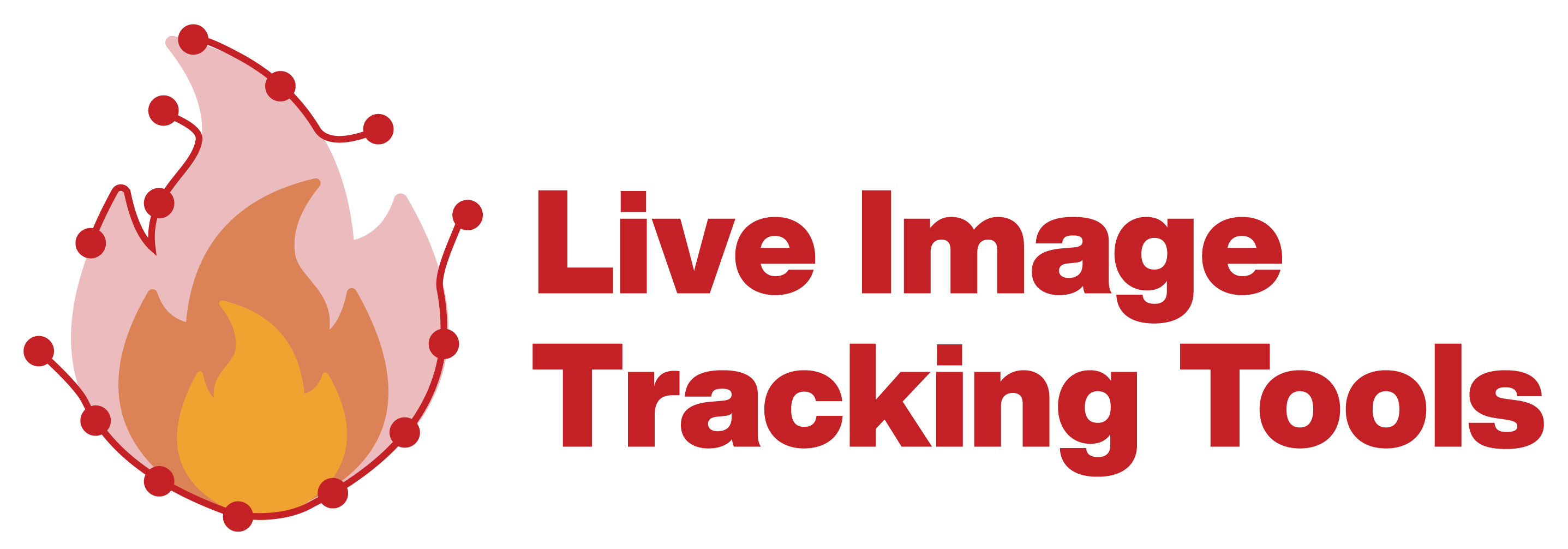
Mission Statement
- Develop and maintain targeted, stable, and interoperable software libraries and standards (APIs, specs) that can be used as building blocks for live image tracking tool development and research.
- Encourage collaboration, knowledge sharing, and tool interoperability within the live image tracking community
- Community Leaders - People who make decisions about repos to include/not include, licensing and legal stuff, code standards, organization structure/meeting schedules
- Repository Leaders - Each repo has one (or more) “leader” who is in charge of running meetings, assigning tasks, reporting back to the community leaders, doing administrative stuff, responding to user queries/issues/imagesc things (can be delegated), and generally staying on top of what is happening in the repo and driving development/maintenance
- Developers - People contributing to repos (not a formal role)
- Community members - Open to anyone interested in live image tracking tools! Users, developers, interested observers, advisors, etc.
Communication
- Bi-monthly LITT organization meeting. Discuss repo statuses, new repos, organizational issues. Community leaders and repo leaders must attend, open to community members for organizational issues like proposing new repositories (not for use-case issues).
- Encourage active repos to have developer meetings regularly (bi-weekly or monthly depending on level of activity). Can be open or invite-only. Repos in the maintenance phase can have ad-hoc developer meetings when things come up that need discussion.
- GitHub issues/projects should be used to plan features, bugs, and other code-related tasks. Users can make issues to ask questions or report bugs. The repo leader should monitor the issues, address user concerns, and keep the issues and projects up-to-date with all planned code tasks.
- ImageSC forum presence for users to talk to us and ask questions.
- Zulip channel on the ImageSC Zulip for users to ask questions and also for developer discussions that aren’t suited to issues. Preferred over emails for group discussions that we might want to revisit.
